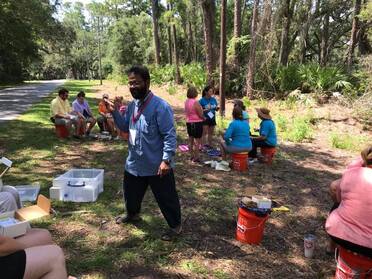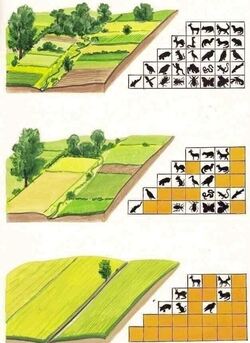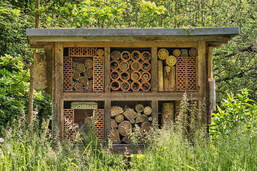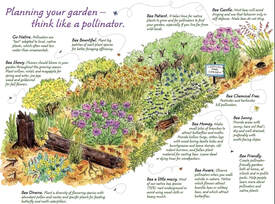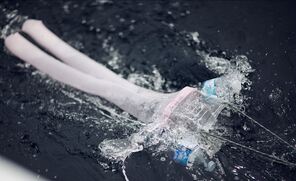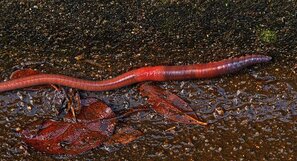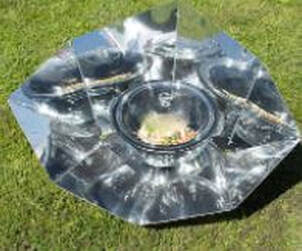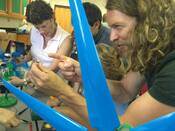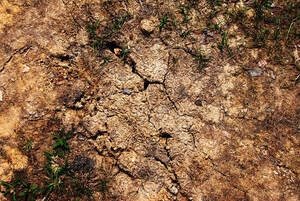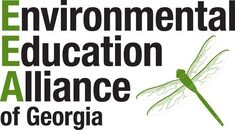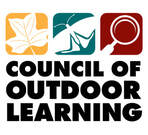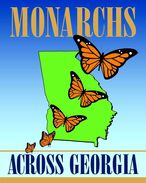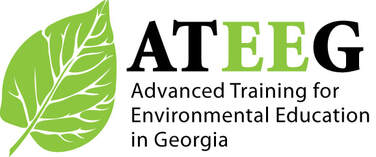Environmental Education Alliance of Georgia
- Our Story
- Our Team
- Our Events
-
Our Resources
- Wildlife Viewing
- Earth Month Activities
- Garden-based Learning
- EcoEngineering Challenges
- Community (Citizen) Science
- Phenomenon-Based Learning
- Problem-Based Learning
- Place-Based Learning
- Project-Based Learning
- Teaching about Climate Change
- Teaching about EJ
- Zero Waste Heroes
- SAGES Project
- Virtual EE Resources
- Environmental Clubs
- Evaluation and Assessment
-
Our Work
- Our News
- Our Impact
- JOIN or GIVE
- Member Portal
- Contact Us
- Outdoor Learning Store
- PassTick2023-4
- Annual Report
- New Page
- Past 2022 EEA Conference
- Past EEA Board 2021-22
- Past 2022 conferenceoverview
- Non-clickable Page
- New Page
- EEA Guest Blog
- Our Story
- Our Team
- Our Events
-
Our Resources
- Wildlife Viewing
- Earth Month Activities
- Garden-based Learning
- EcoEngineering Challenges
- Community (Citizen) Science
- Phenomenon-Based Learning
- Problem-Based Learning
- Place-Based Learning
- Project-Based Learning
- Teaching about Climate Change
- Teaching about EJ
- Zero Waste Heroes
- SAGES Project
- Virtual EE Resources
- Environmental Clubs
- Evaluation and Assessment
-
Our Work
- Our News
- Our Impact
- JOIN or GIVE
- Member Portal
- Contact Us
- Outdoor Learning Store
- PassTick2023-4
- Annual Report
- New Page
- Past 2022 EEA Conference
- Past EEA Board 2021-22
- Past 2022 conferenceoverview
- Non-clickable Page
- New Page
- EEA Guest Blog
EEA RESOURCES
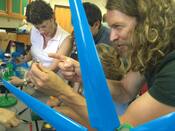
Eco-Engineering Challenges
EEA's Eco-Engineering Challenges provide opportunities for students to identify and research environmental problems, design solutions, build prototypes, test and refine their solutions, and share the results with authentic audiences or markets. These challenges integrate science, technology, engineering and math (STEM) in cohesive, experiential projects.
Like all STEM engineering challenges, the iterative design process is key. This means that students will need opportunities to test and refine their solutions. At least one part of every Eco-Engineering Challenge is intended to take place outdoors. Students observe and solve real-world problems in the schoolyard.
Research shows that students who are least likely to major or become employed in STEM fields -- girls and children of color -- are more engaged and likely to persist in STEM learning that is focused on solutions to environmental or social problems rather than robotics, rocketry, or technological gadgets for the consumer market. In addition, students who learn about environmental problems while given a chance to contribute to their solutions are less likely to become depressed about the state of the world and disengaged. Students who work on bite-sized problems and graduated challenges gain skills and confidence (also referred to as self-efficacy) to believe they can make a difference in the world.
EEA's Eco-Engineering Challenges provide opportunities for students to identify and research environmental problems, design solutions, build prototypes, test and refine their solutions, and share the results with authentic audiences or markets. These challenges integrate science, technology, engineering and math (STEM) in cohesive, experiential projects.
Like all STEM engineering challenges, the iterative design process is key. This means that students will need opportunities to test and refine their solutions. At least one part of every Eco-Engineering Challenge is intended to take place outdoors. Students observe and solve real-world problems in the schoolyard.
Research shows that students who are least likely to major or become employed in STEM fields -- girls and children of color -- are more engaged and likely to persist in STEM learning that is focused on solutions to environmental or social problems rather than robotics, rocketry, or technological gadgets for the consumer market. In addition, students who learn about environmental problems while given a chance to contribute to their solutions are less likely to become depressed about the state of the world and disengaged. Students who work on bite-sized problems and graduated challenges gain skills and confidence (also referred to as self-efficacy) to believe they can make a difference in the world.
Lab Report Forms and Templates
Template for TEACHER-CREATED Eco-Engineering Challenges
| eea_ecoengineering_challenge_-_teacher_template.docx | |
| File Size: | 317 kb |
| File Type: | docx |
TEMPLATE FOR STUDENT ECo-engineering lab report
| eea_ecoengineering_challenge_lab_report_forms_for_students.docx | |
| File Size: | 563 kb |
| File Type: | docx |
ec0-ENGINEERING DESIGN PROCESS POSTER
| ecoengineering_design_process_flow_chart.docx | |
| File Size: | 367 kb |
| File Type: | docx |
Eco-Engineering Challenge SCORING RUBRIC
| rubric_for_eco-engineering_challenges.docx | |
| File Size: | 125 kb |
| File Type: | docx |
RESEARCH Behind Eco-engineering design challenges
How to transform a lesson into an eco-engineering Challenge
| transforming_traditional_lessons_into_ecoengineering_challenges.docx | |
| File Size: | 1362 kb |
| File Type: | docx |
What Teachers Bring to EcoEngineering Challenges
The EEA Eco-Engineering Challenges
Start by downloading the blank Student Lab Report form from the yellow accordion files above and provide a digital or print version to each student, pair of students, or team of four. Then pick one (or more) of the Eco-Engineering Challenges below.
|
Biodiversity Challenge: Search for the Lost Ladybug
Design, build, and test a ladybug catcher to search for rare nine-spotted ladybug |
|
Biodiversity Challenge: Native Bee Habitat
Design, test, and build a "bee hotel" to provide urban habitat for native bees |
|
Biodiversity Challenge: Monarch Butterfly Habitat Restoration
Design, test, and plant a garden to provide habitat for monarch butterflies By following specific criteria, you can design a pollinator habitat that is eligible to be certified by Monarchs Across Georgia.
|
|
Zero Waste Challenge: Microplastics
Design, test, and create a device for catching microplastics to assess stream health |
|
Zero Waste Challenge: Food Waste Vermiculture
Design, test, and build a worm bin to divert food from the landfill |
|
Zero Waste Challenge: Oil Spill Clean-Up
Design, test, and build a device to clean up an oil spill using magnets |
|
|
Zero Waste Challenge: Food Waste Composter
Design, test, and build a composting device to divert food from the landfill |
|
Energy Challenge: Heat Transfer / Solar Cooking Version
Design, test, and build a solar cooker to transfer heat effectively and cook food |
|
Energy Challenge: Renewable Energy Sources
Design, test, and build a wind turbine to generate power |
|
Human Impact Challenge: Land Restoration / Erosion Control
Design, test, and build a solution for an eroded area in the schoolyard |
Zero Heroes Curriculum GuideLessons and activities related to reducing waste, including eco-engineering challenges, community science projects, and field investigations. Click here for free Educator Guide.
|
|
Environmental Education Alliance, Inc.
P.O. Box 801066 | Acworth, GA 30101 EEA does not does not discriminate on the basis of race, color, national origin, sex, age, or disability in its program , activities, or employment. For more information on EEA's non-discrimination commitment click here . Grievance officer may be contacted at [email protected] |
Proudly powered by Weebly
|
